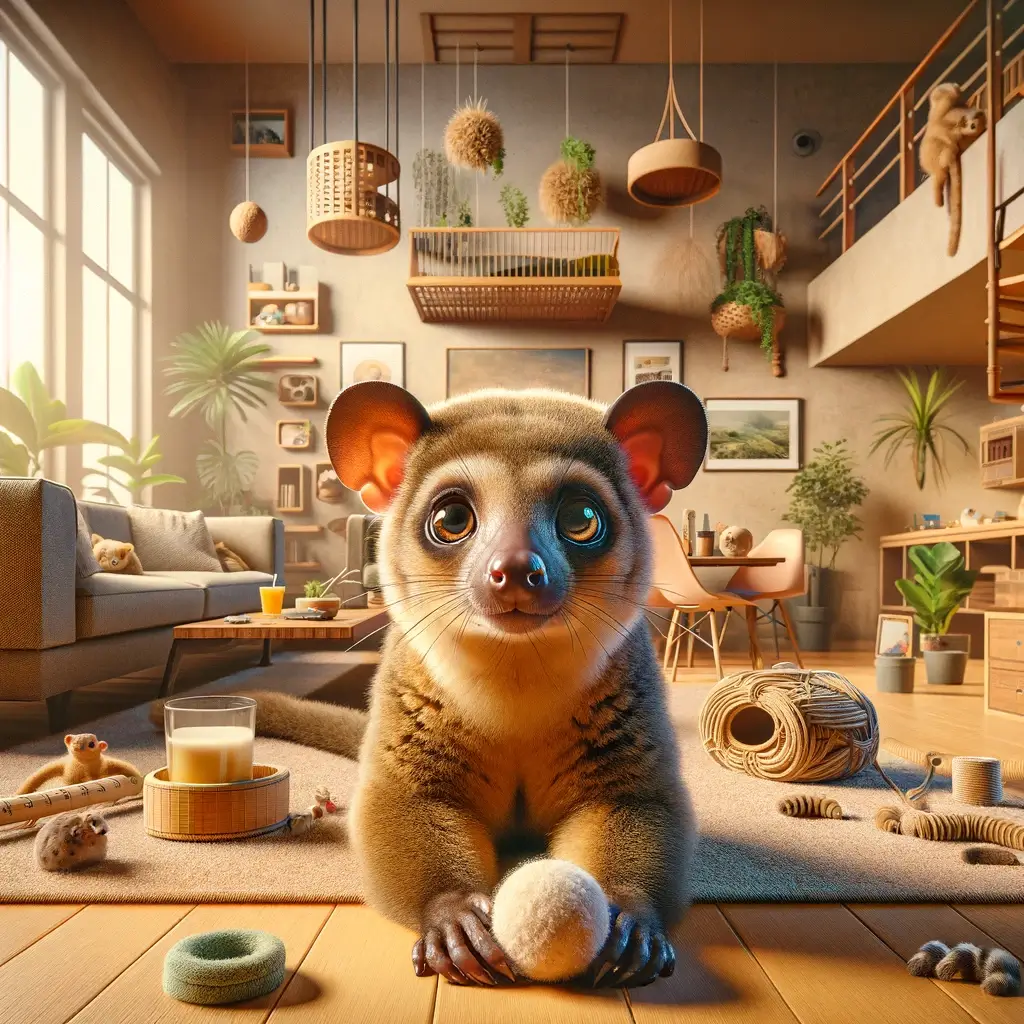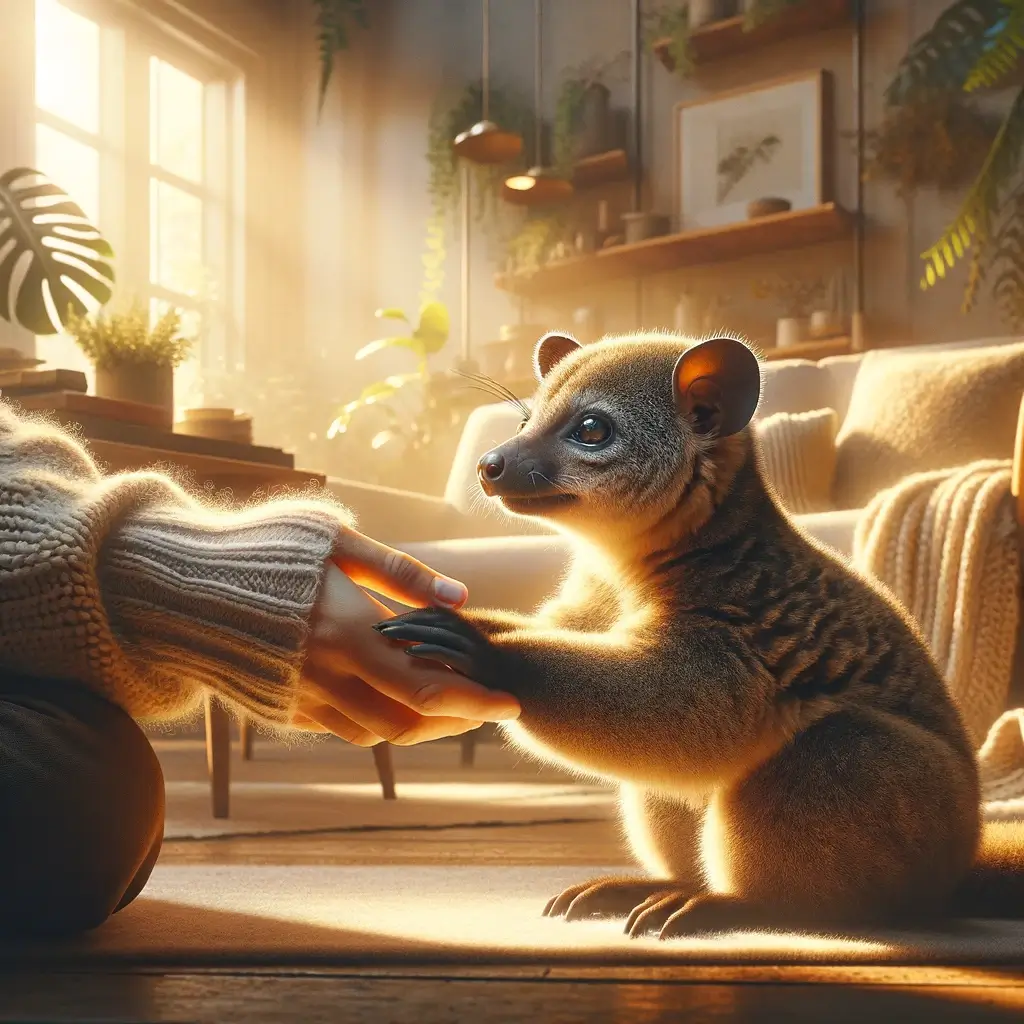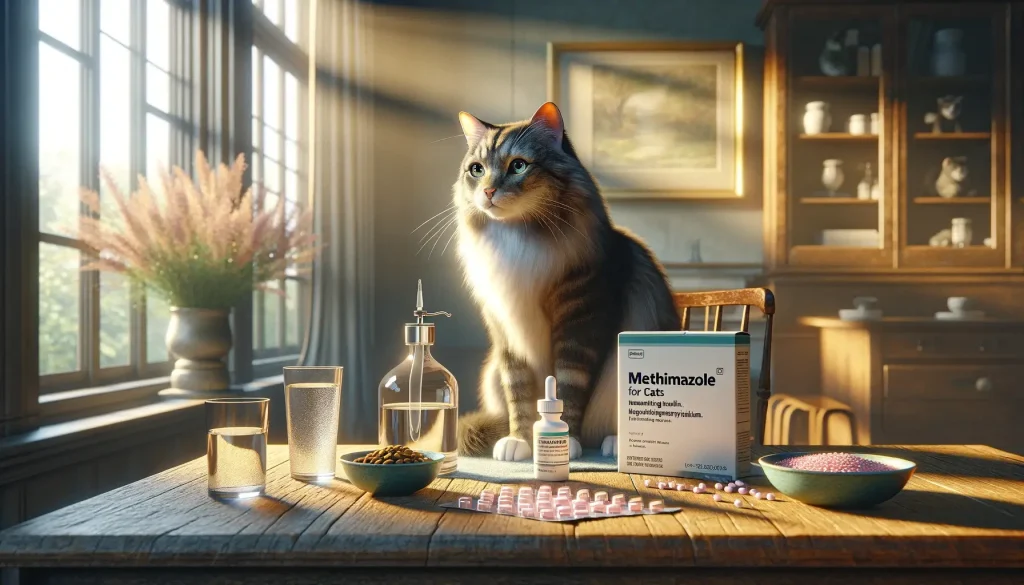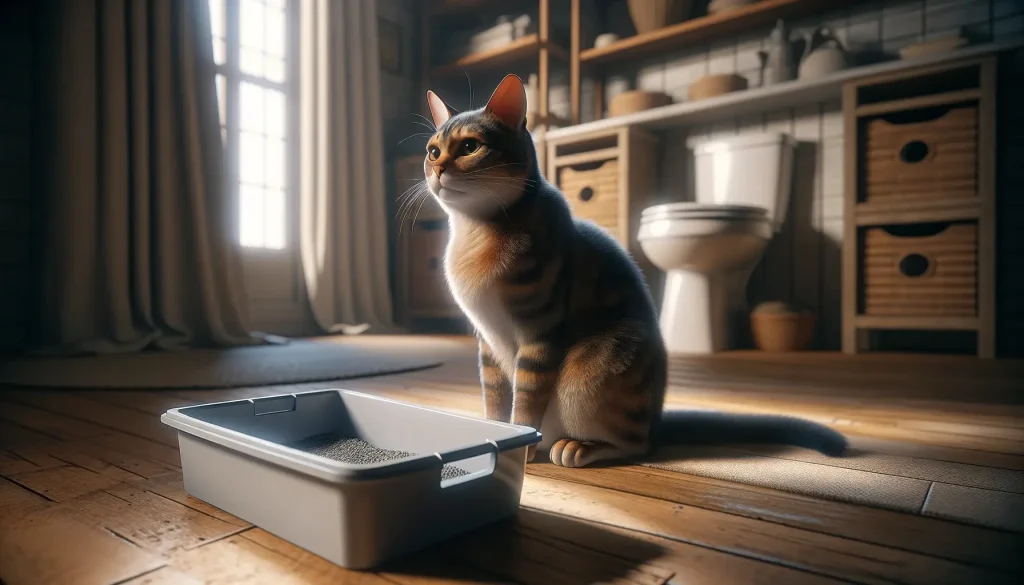
FAQ: Kinkajou Pets
When it comes to exotic pets, few are as intriguing as the kinkajou. However, their cute appearance belies the challenges they present as companions. Let’s dive into some frequently asked questions about keeping kinkajous as pets.
Are kinkajous good pets?
Although kinkajous are sometimes kept as pets due to their playful and generally quiet nature, it’s important to remember they are not tame. Kinkajous have a painful bite and can be destructive, especially during their active nocturnal hours. They require commitment and understanding from their owners.
Do kinkajous pose any health risks to humans?
Yes, kinkajous can be carriers of the raccoon roundworm Baylisascaris procyonis. This parasite can cause severe health issues in humans, including brain infections that could lead to death. It is transmitted via the fecal-oral route, highlighting the importance of hygiene when handling pets or their waste.
How long do kinkajous live in captivity?
Kinkajous can have a long lifespan in captivity, typically living about 23 years, with a maximum recorded lifespan of 41 years. This long-term commitment is something potential kinkajou owners should consider.
What do kinkajous eat?
Kinkajous are omnivorous, with a diet in the wild that includes fruit, leaves, flowers, and small animals. Pet kinkajous should be fed a balanced diet that mimics their natural food as closely as possible to ensure their nutritional needs are met.
Are there any legal considerations for owning a kinkajou?
Yes, the legality of owning a kinkajou varies by location. Potential owners should check local laws and regulations regarding exotic pets. Additionally, kinkajous need a specific environment and diet to thrive, which should be considered before bringing one into your home.
| Fact | Detail |
|---|---|
| Nature | Playful, Quiet, Occasionally Aggressive |
| Risk | Carrier of Raccoon Roundworm |
| Lifespan | Up to 23 years (41 years max) |
| Diet | Omnivorous; Requires Specific Diet |


Kinkajou Pet Care and Challenges
Kinkajous are an exotic pet that capture the heart with their playful, docile nature and their unique appearance. However, potential kinkajou owners should be well-informed about the challenges and responsibilities of having such a pet.
Understanding Kinkajou Behavior
While kinkajous are generally quiet and have little odor, they can be unpredictable. They dislike sudden movements and noise and prefer to be active during the night. When startled or agitated, a kinkajou may scream and can become aggressive, clawing or even biting its victim deeply. The night-time activity can also lead to destructive behavior in a domestic setting, given their natural curiosity and need for stimulation.
Health Risks Associated with Kinkajous
Kinkajous can be carriers of raccoon roundworm Baylisascaris procyonis, which poses serious health risks to humans. This parasite can cause severe conditions, including brain infections leading to significant morbidity or death if not treated. The CDC has highlighted the importance of maintaining good hygiene practices when handling kinkajous or cleaning their living spaces to prevent fecal-oral transmission of this parasite.
Kinkajous in the Wild and as Pets
In their natural habitat in Central and South America, kinkajous are known by various local names, reflecting their characteristics and the locals’ fascination with them. In El Salvador, Guatemala, and Honduras, they are commonly called micoleón, meaning “lion monkey”, while in Peru, they are often referred to as lirón, or “bear-monkey”. These names illustrate the kinkajou’s unique appearance that blends features of monkeys and carnivores. Interestingly, escaped kinkajou pets have been reported to survive in the wild, with sightings in places like Florida, showcasing their adaptability.
Lifespan and Dietary Needs of Kinkajous
Kinkajous can live a long life in captivity, with an average lifespan of about 23 years and records of them living up to 41 years. Their long lifespan indicates a significant long-term commitment for any potential pet owner. Kinkajous are omnivores, requiring a specific diet that mimics their natural one, consisting of fruits, leaves, flowers, and occasionally small animals. Ensuring a balanced diet is crucial for their health and wellbeing.
| Behaviour Traits | Description |
|---|---|
| Nature | Playful, Docile, Quiet, Occasionally Aggressive |
| Activity Time | Nocturnal, Destructive at Night |
| Health Risk | Carrier of Raccoon Roundworm |
| Lifespan | Up to 23 years (41 years max) |
Fun Facts About Kinkajou Pets
Considering a kinkajou as a pet? Here are some fun facts that highlight the unique and challenging aspects of caring for these exotic animals.
Kinkajou Nicknames
In their native habitats, kinkajous are affectionately known by names that reflect their unique characteristics. In El Salvador, Guatemala, and Honduras, they’re called micoleón or “lion monkey” due to their monkey-like bodies and carnivorous tendencies. Meanwhile, in Peru, they’re referred to as lirón, hinting at their “bear-monkey” appearance.
Kinkajou Lifespan
One of the most compelling aspects of kinkajous is their longevity. In captivity, they typically live for about 23 years, though there are records of kinkajous reaching an astounding 41 years of age. This requires a long-term commitment from potential owners.
Unique Dietary Needs
As omnivores, kinkajous have a specialized diet that includes fruits, leaves, flowers, and occasionally small animals. This diet is crucial for their health, mimicking what they would eat in the wild.
Nocturnal Nature
Kinkajous are active at night and tend to be quiet and docile during the day. Their nocturnal lifestyle means they can become destructive if they’re not provided with enough stimulation during their active hours.
Risk of Disease
It’s important for potential owners to be aware of the health risks associated with kinkajous. They can carry the raccoon roundworm Baylisascaris procyonis, which is capable of causing severe health issues in humans, including fatal brain infections.
Adaptability
Reports from 2023 highlighted that escaped pet kinkajous were able to survive in the wild in places like Florida. This speaks to their remarkable adaptability, although releasing pets into the wild is strongly discouraged for ecological and safety reasons.
Behavioral Considerations
Despite their playful and docile nature, kinkajous can occasionally be aggressive. They dislike sudden movements and noise, and may attack when agitated, using both claws and teeth.


Kinkajou Vet Care Essentials
Taking care of a kinkajou goes beyond providing them with love, an appropriate diet, and a stimulating environment. One essential aspect of kinkajou care often overlooked by potential owners is the need for specialized veterinary care.
Specialized Veterinary Care
Finding a vet experienced in treating exotic pets like kinkajous can be a challenge. Kinkajous require regular check-ups to monitor their health and to address any medical concerns that might arise. Since they can be carriers of raccoon roundworm Baylisascaris procyonis, it’s critical to have a vet who knows how to handle potential zoonotic diseases.
Vaccinations and Preventive Medicine
Like domestic pets, kinkajous need vaccinations and preventive treatments against parasites and other health issues. However, their needs are unique, and not all veterinarians are equipped or knowledgeable in this area. An annual health check is recommended, focusing on dental care, weight management, and bloodwork to detect early signs of common issues like diabetes or obesity.
Dietary Health Concerns
A significant part of a kinkajou’s health revolves around its diet. Due to their specific nutritional requirements, kinkajous fed an improper diet can suffer from malnutrition or obesity. A vet knowledgeable about exotic pets can provide guidance on feeding regimes that mirror what they would eat in the wild, ensuring your kinkajou’s long-term health and wellbeing.
Emergency Care
Because kinkajous are nocturnal, most of their activity, and potentially risky behavior, occurs during the night. Owners need to have access to a 24-hour emergency vet who accepts exotic pets. Kinkajous can accidentally ingest toxic substances or hurt themselves, requiring immediate medical attention.
Finding a veterinarian experienced with kinkajous might take some effort, but it is an investment in your pet’s health and longevity. Networking with other kinkajou owners online or through exotic pet clubs can provide referrals. Also, consider reaching out to zoos or animal sanctuaries for vet recommendations.
Beginner Guide to Raising Quail at Home
What are the Signs of a Dog Concussion?
What Causes Your Dog’s Ears to Smell Bad?
When your dog’s ears start to emit an unpleasant odor, it might leave you puzzled…
Methimazole Treatment for Cat Hyperthyroidism
Methimazole plays a crucial role in managing feline hyperthyroidism, a condition marked by an overactive…
Got Hummingbirds in your Backyard? Here’s How to Care for Them.
Why Does Your Cat Pee Outside the Litter Box?
Cat’s Litter Box Issues It’s not uncommon for cat owners to face the frustrating dilemma…




